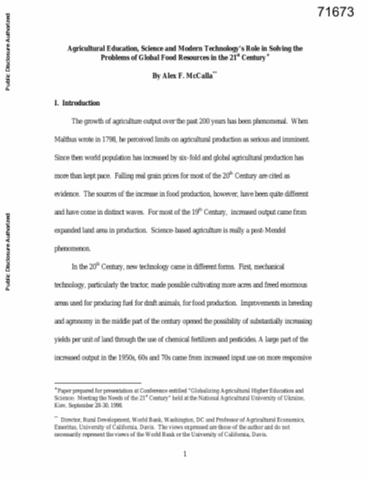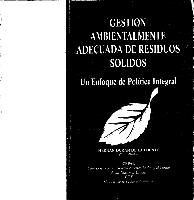Groene grond in ruimtelijke perspectieven
De langetermijngrondmarkteffecten van de ruimtelijke perspectieven Palet (geen ruimtelijke ordening) en Stedenland+ (huidige situatie met stedelijke ontwikkeling langs de internationale vervoersassen) lopen nogal uiteen. Zo is er in Palet sprake van een ongesegmenteerde grondmarkt met relatief hoge 'agrarische' grondprijzen in het landelijk gebied, van versnipperd grondgebruik en een hoge grondmobiliteit.



